| Title | Girlfriend |
|---|---|
| Artist | (G)I-DLE (아이들) |
| Album | We Are |
| Track Number | 2 |
| Release Date | May 19, 2025 |
| Language | Korean |
| Genre | K-Pop, Pop |
| Label | CUBE Entertainment |
| Distributor | Kakao Entertainment |
| Main Lyricist | Jeon Soyeon |
| Composers | Jeon Soyeon, Pop Time, Daily, Likey |
| Studio | Cube Studio, Seoul |
| Mixed By | JongPil Gu (KLANG Studio) |
| Mastered At | 821 Sound Studio |
| Notable Themes | Breakup, Female Empowerment, Friendship |
| Official Reference | https://genius.com/I-dle-girlfriend-lyrics |
Hearing a K-pop group repeatedly yell, “I don’t give a fuck about love,” has a powerfully cathartic effect. (G)I-DLE’s “Girlfriend,” which was released on May 19, 2025, offers more than just a catchy hook; it offers an unrepentant reset for anyone weary of romantic drama. The group directs their energy inward and sideways—toward best friends, late-night giggles, and sequin solidarity—instead of pursuing an idealized partner.
It’s more than just a song. It’s an agreement. A loud, forceful statement that girlfriends—real girlfriends—are what remain and ex-partners can go. “Girlfriend” creates a tone that is remarkably successful in fusing rhythm and rage within the first thirty seconds. Shuhua and Yuqi support Soyeon like a chorus of vengeful angels as she opens the song with her trademark snarl, hurling jabs like “cranky boy” and “mama boy” with determined flair.
The group uses humor to ease the emotional burden by organizing the song around common memories of betrayal and heartbreak. The undertone of retaliation, however, never goes away. Songs like “Your girlfriend is better than a boyfriend” and “Let’s go chat shit about your ex” sound more like spiritual purification than trivial gossip. (G)I-DLE continues to break free from the conventional K-pop mold, where sanitized romance frequently triumphs over honesty, with this incisive lyrical style.
They have previously addressed relationships with frankness and clarity. The group has regularly rewritten the rules in previous releases, like “TOMBOY” or “NXDE,” exhibiting agency, sarcasm, and unadulterated energy. However, “Girlfriend” comes at a very crucial time. The notion that women must turn heartbreak into palatable melodies is being contested by female artists in pop music around the world. Doja Cat, Olivia Rodrigo, and Billie Eilish have all joined this movement; (G)I-DLE merely translated that mood into Korean with remarkable accuracy.
The song is a sort of service anthem for friends navigating breakup chaos, according to Jeon Soyeon, the group’s creative force and lyrical leader. The group was even referred to as “a professional team for handling boyfriends” in jest. That lighthearted remark strikes a surprisingly close chord with the song’s deeper purpose—it validates rather than merely vents. “Girlfriend” is a prescription song, especially for fans dealing with emotional whiplash: take two plays and message your best friend.
The song’s reimagining of the romantic partner’s role is especially inventive. Instead of focusing the song on a past or present lover, it highlights connections between women. That in and of itself feels like subversive silence in a field that has historically been wary of platonic intimacy. The girls pair up instead of splitting up—arms clasped in clubs, profiles illuminated by flashing phones, voices raised for release rather than affection.
This ethos is strengthened by the musical production. Pop Time and Daily offer a canvas where Soyeon’s raps seamlessly blend with Minnie and Miyeon’s harmonies by fusing glitchy trap beats with silky synth overlays. Another layer of emotional texture is added by Shuhua’s interjections, which are spoken quietly but confidently. As a result, the song is both sonically balanced and emotionally aggressive.
The live performances have reinforced this message visually. The members, who are dressed in striking hues and dominate the stage like a group of chic exorcists, are not only singing the song but also living it. Every gesture and camera movement during their Dingo Live performance gave lyrics like “Don’t cry, baby, 어차피 뭐 그딴 거지 같은 love” more weight. “Don’t cry, that kind of crappy love isn’t worth it,” is a loose translation.
An emerging trend in K-pop over the last few years is the emotional transparency of idols. We witness more authentic displays of annoyance, happiness, and messiness rather than the stylized, highly scripted personas. “Girlfriend” is a good fit for this development. It’s rough and gloriously loud, not smooth like a love ballad. The song turns suffering into performance with its defiant phrasing and clever repetition.
This type of music is very adaptable in the context of changing generational values. The song becomes a cultural toolkit for young adults breaking toxic cycles or teens going through their first heartbreak. Without expressing regret, it elevates friendship and validates anger. Songs like “Girlfriend” are redefining what female empowerment in music can sound like as society values authenticity over perfection.
Writing, arranging, and producing their own music together puts (G)I-DLE in a unique position among idol groups. When it comes to maintaining artistic integrity, this creative autonomy is very effective. And their identity becomes more clearly defined the more they embrace it. With “Girlfriend,” they fully embody independence rather than merely singing about it.
Fans are already using the song’s lyrics as comic relief, confessionals, and captions on social media sites like Instagram, TikTok, and Twitter. This song is acting as emotional armor, especially for Gen Z listeners. The catchy chorus seems to be meant to be yelled from bathroom mirrors or karaoke lounges while your closest friends support you.
The emotional spectrum of K-pop has been growing in recent months, according to industry observers. Girl groups like (G)I-DLE, NewJeans, and LE SSERAFIM are pushing further into female autonomy through themes that are no longer limited to youthful romance or romantic longing. Particularly noteworthy is “Girlfriend,” which grounds this change in gritty, grounded lyrics that discuss reality more so than fairy tales.

